How technology has changed backpacking
It has been 6 years now since I went on my first true backpacking trip to India. At the time we already used some technology to make our travel life easier:
- we had local sim cards to call hostels instead of using public payphones
- we visited internet cafes in towns to stay in touch with loved ones back home or even e-mailed some cutting-edge hostels
- believe it or not, but we also were able to book most of our train tickets online, saving us the hassle to go to a railway station to do so (I am typing this from Sri Lanka where six years later this is still unheard of). Also some flights could be booked online.
However otherwise we were still travelling old school:
We largely relied on our guidebook (I’ve been a Lonely Planet guy ever since) for accomodation advice. While our expectations were mostly met, it also limited our choices and usually resulted in inflated prices.
Also for transportation we relied on the guide, hoping that bus and train timetables remained largely identical.
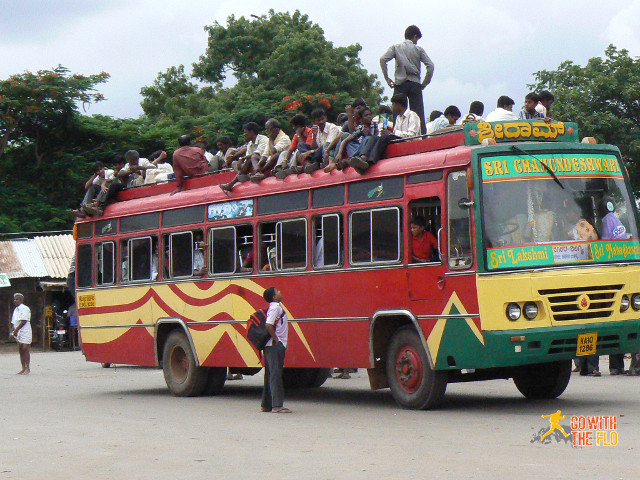
…only to find out your bus that you couldn’t book ahead online was already almost full. (Kollegal/India, 2008)
Even for restaurant choices, we either stuck to a guidebook recommendation or run the risk of getting disappointed.
In short, we heavily relied on the guidebook.
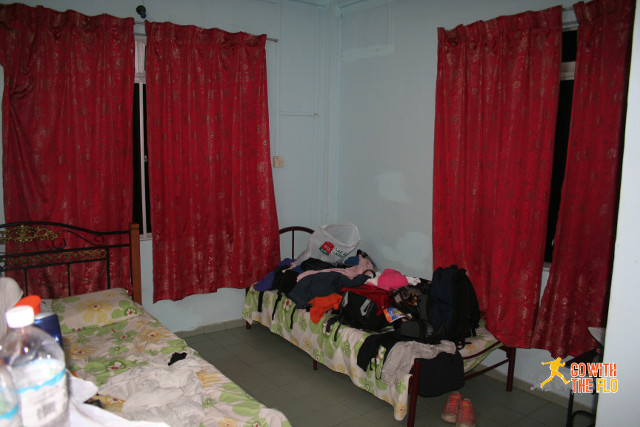
Why not take the chance and book a hostel that is not listed in the guide… without online reviews you can be taking chances. (Kuala Besut/Malaysia, 2009)
In 2015, I still travel with a guidebook. However the number of times I refer to it has decreased significantly.
- for accommodation there are user based review sites such as Tripadvisor to discover a wealth of options and see what others think about it as well as look at their photos. And while AirBnB has been popular in first world countries, Sri Lanka was now the first time where I see it being using by very simple homestay guest houses in a third world country. These guest houses previously didn’t exist or were very difficult to get on the backpacker’s radar. This further expands options greatly. I think Sri Lanka was now my first trip where I didnt stay in any places that were listed in the guide book.
- a lot more transportation companies have moved to the digital age and enable you to book tickets online, saving the hassle of queuing or even missing out due to the desired connection already sold out by the time you reach the country. It also tends to save you money because you can cut out a middleman such as a travel agent (sorry, but you won’t be missed by me).
- the guide book has always been helpful for maps it provided. Many of the cities im classic backpacking countries have a talent for producing poor maps, so the book was always useful to get around. Nowadays it is cheap to get a local sim card with data and then just rely on Google Maps. In most cases that is more up to date and more accurate in many cases. I remember how we constantly worried about tuk-tuks taking detours without us noticing and that a trip would hence cost us 20 cents more. With GPS phones and Google Maps you are in the driver seat.
- internet cafes are no longer necessary for most travelers. Free wifi is an essential for every semi-successful hostel or guest house and most travelers, if not all, carry some kind of smart device. Travellers complain if the wifi signal is not strong enough in their room and they need to go to the shared area to surf where they could run the risk of being entangled in a conversation with others!
- sending photos to friends and family back home has never been easier or quicker. Some years ago the luxury of digital cameras was introduced which meant you could download the photos immediately when you got back home. Eventually you could even hook it up in an internet cafe and send home while still on the road. Nowadays you snap a photo and instagram that pic!
While this all sounds great and certainly makes traveling easier and more comfortable, I also see some downsides and miss certain elements of previous times:
- I find there is less communication in hostel. While previously you would just strike up a conversation with a stranger because… well, that was the thing to do. Nowadays, everyone is on Skype, WhatsApp etc. talking to people back home and not so much enjoying the presence of other travelers anymore
- You no longer disconnected as much. As soon as you connect your phone, apps start bombarding you with updates from your non-vacation life. Over are the times where you go days without internet access.
- A bit of the adventure of backpacking is lost as everything becomes a lot more predictable. If on a tight schedule, this can certainly be appreciated. But especially if on a longer trip, if something goes wrong every now or then, that’s just part of the trip
Overall I have embraced all the new tech gadgets in backpacking (or at times nowadays flashpacking) and don’t miss the bad surprises. However, putting all of your trust in that one guide book and the advice of other travelers had its advantages as well!
Happy travelling!

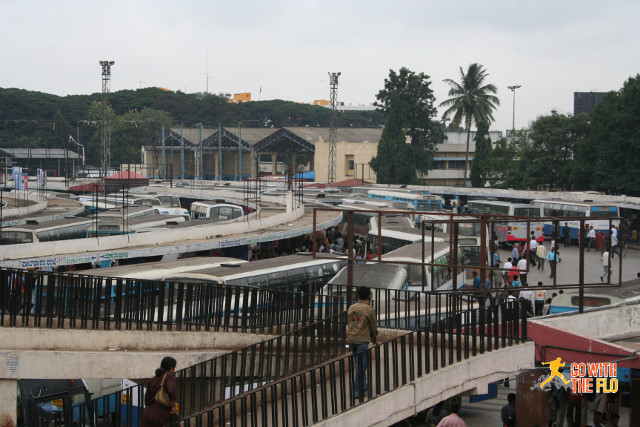
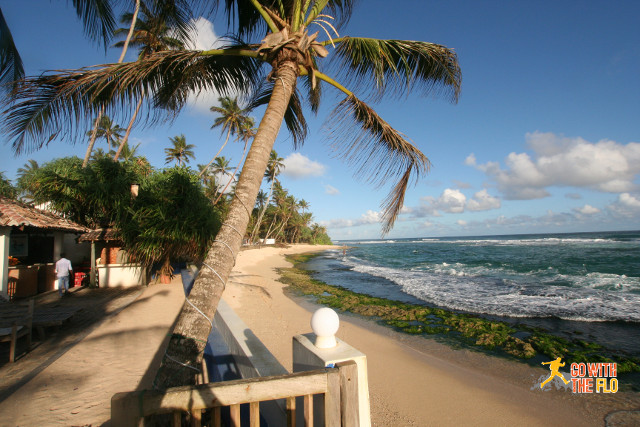
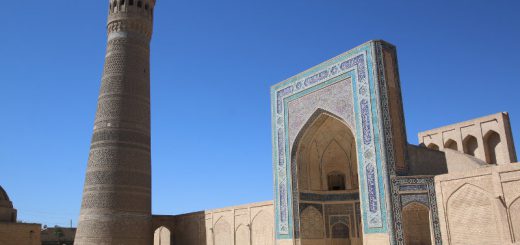
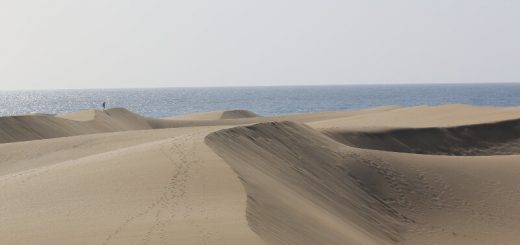
1 Response
[…] written before about my thoughts on how technology has changed traveling/backpacking. On a recent trip to Hanoi I once again thought about it and have a very good (and a not so good) […]